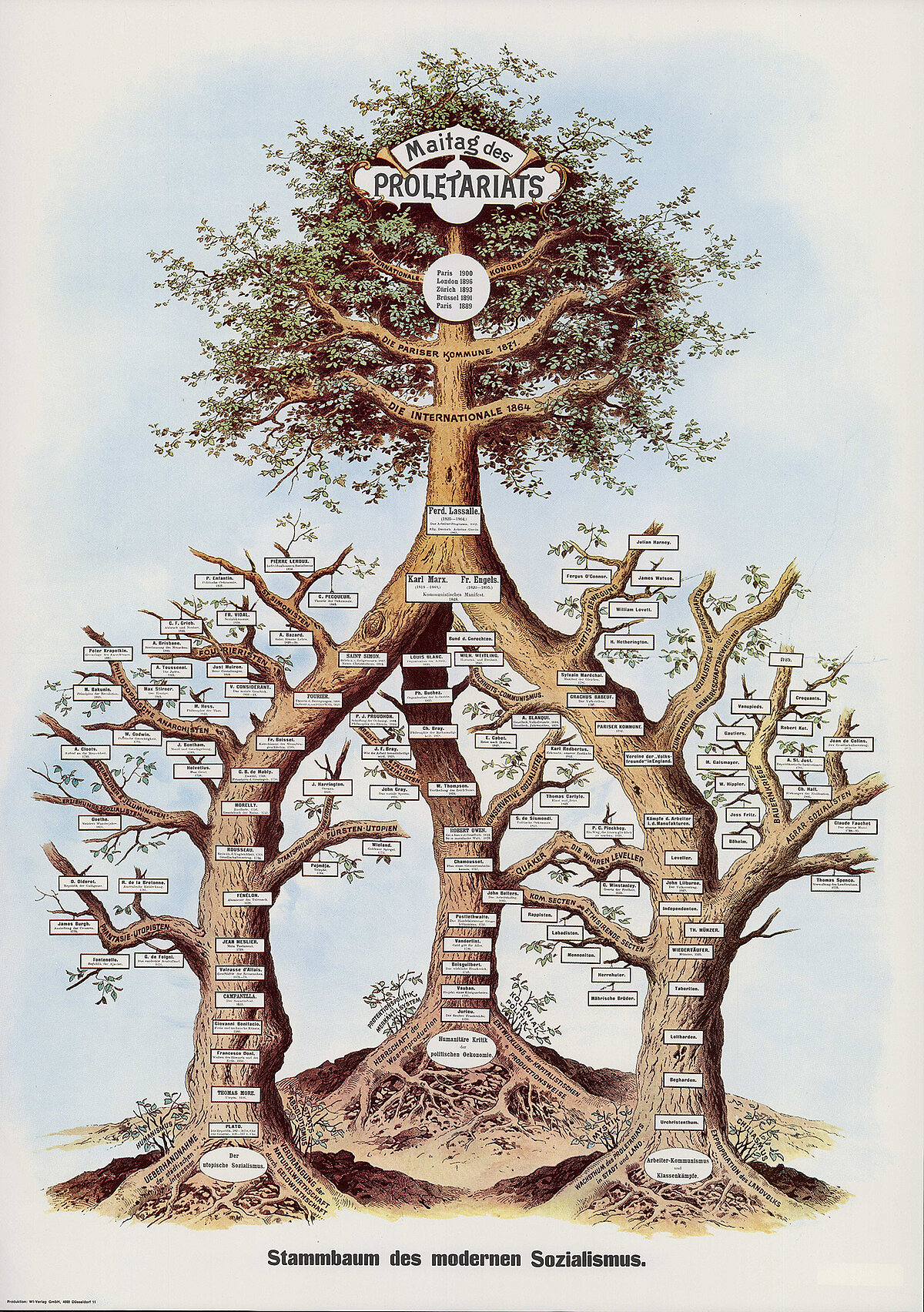Kurt Eisner decides to become a journalist
He joins the Herold news agency in Berlin before moving on to the Frankfurter Allgemeine Zeitung where he is responsible for processing a variety of news items on a daily basis. Here, he becomes acquainted with the modern press machinery with its relentless focus on maximizing circulation and profits. By 1893, he has had his fill.
In May of that year, while working for a local paper, the “General-Anzeiger für Marburg und Umgegend”, he witnesses an anti-Semitic smear campaign led by a farmers’ leader standing for election to the Reichstag. As Eisner had been invited to work for the newspaper by the Marburg office of the National Association for the Struggle Against Anti-Semitism to strengthen its civil protection work, this comes as no surprise.
Eisner uses his perspicacious editorials to flag up connections between anti-Semitic demagoguery and a deliberate attempt to stoke up dissent over policy direction among the political parties. He discovers that all political groupings in the Reichstag – apart from the Social Democratic Party (SPD) – tend to use anti-Semitic rhetoric in pursuit of their interests. In his view, it is the people who suffer from this potentially destructive tactic – it is “Us”, “All of us” who are the victims.
Eisner, who is from a Jewish family himself, sees his duty in the conflict as one of showing solidarity with a minority that has now become an easy target in a wider political struggle. He may not share this minority’s religious beliefs, but he firmly believes that it falls to him to protect it.
Now a freelancer for various national periodicals, Eisner commentates on social and political conflict under Emperor Wilhelm II’s “New Course”. From being a radical-liberal “socialist by sentiment”, he gradually moves towards socialism as his world view.
However, the socialist ideal of revolution leading to the violent overthrow of the prevailing order and the establishment of a new libertarian social order is not part of Eisner’s worldview. He could not quite see how a radically new world order could replace an old hegemony if its core ideas had not already impelled people to strive themselves to attain that very goal.
Plan Your Visit
Contact
St.-Jakobs-Platz 1
80331 München
Phone +49-(0)89-233-22370
Fax +49-(0)89-233-25033
E-Mail stadtmuseum(at)muenchen.de
E-Mail filmmuseum(at)muenchen.de
Ticket reservation Phone +49-(0)89-233-24150

